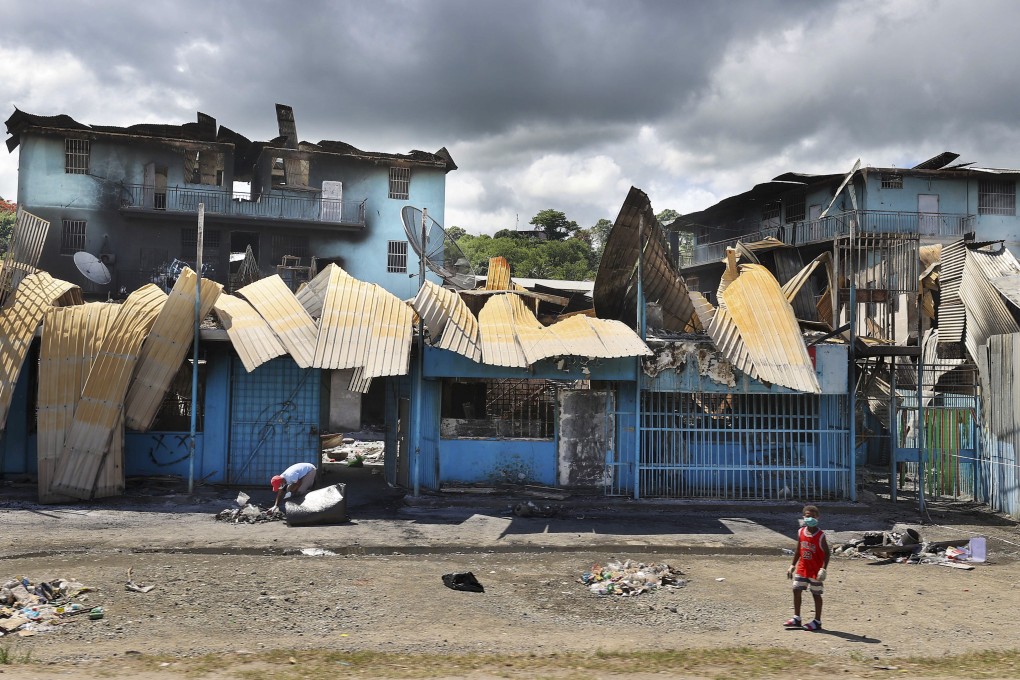Advertisement
In Solomon Islands, a calm after riots, but suspicions of China linger
- The Pacific nation was rocked by anti-Chinese violence in November, following claims its PM Manasseh Sogavare was using money from China to sway MPs’ votes
- After help from Australia, New Zealand and China things are largely back to normal. Yet despite safer streets, some still resist the idea of Chinese assistance
Reading Time:5 minutes
Why you can trust SCMP
57

Calm has returned to the Solomon Islands almost two months after anti-government riots shook its capital of Honiara.
A Chinese trader living in the Solomons said the streets were now safer and many Chinese had been able to reopen businesses that were looted and burnt during the unrest.
“Most of us have been able to return home, and we are now less afraid as the law and order situation appears to be under control,” said the trader from China’s southern Fujian province.
Advertisement
Parliamentarians who were under police protection during the riots have also been able to return home, while order has been restored even for islanders in the western Solomons – which bore the brunt of the riots and is where the prime minister comes from.
A curfew that was enforced from 7pm to 6am every night was lifted last month.
We are less afraid as the law and order situation appears to be under control
Part of the reason for the calm is that the riots prompted regional countries including Australia and New Zealand to send in security forces to help quell the unrest in the tiny Pacific nation. More controversially, China also stepped in to help, donating anti-riot gear – such as shields, helmets, batons and other ‘non-lethal’ equipment – and offering to send police advisers.
Advertisement
Advertisement
Select Voice
Select Speed
1.00x